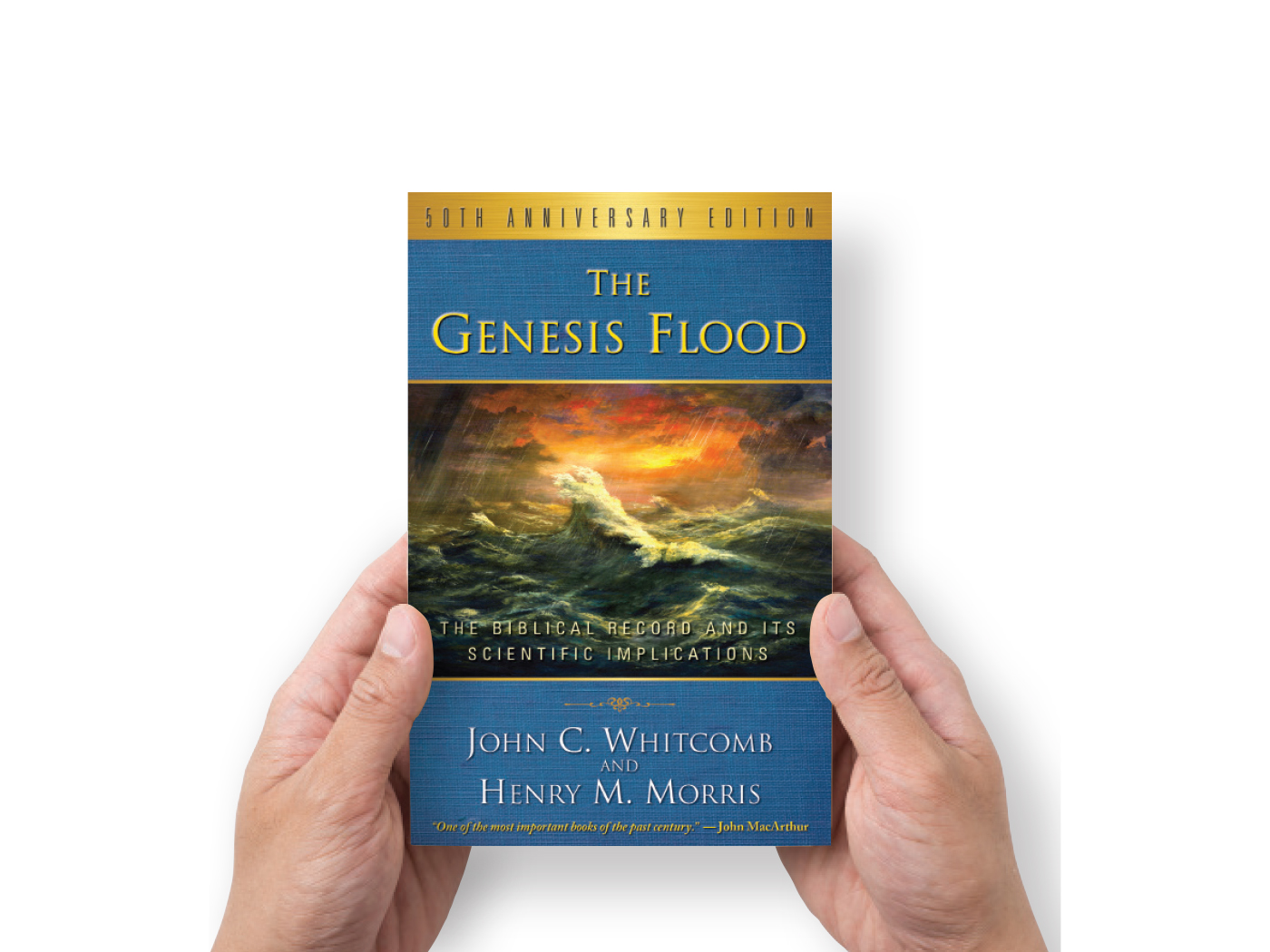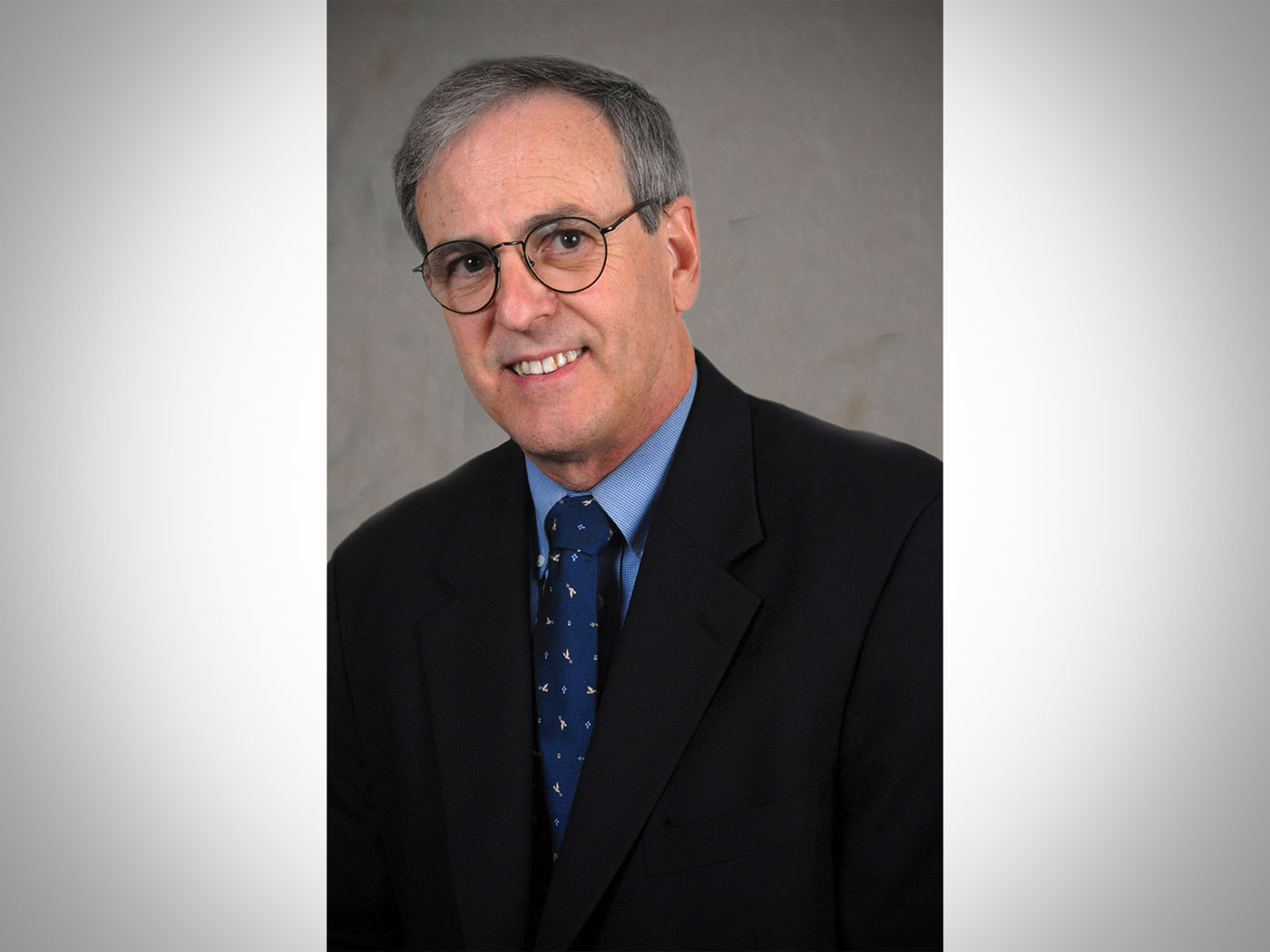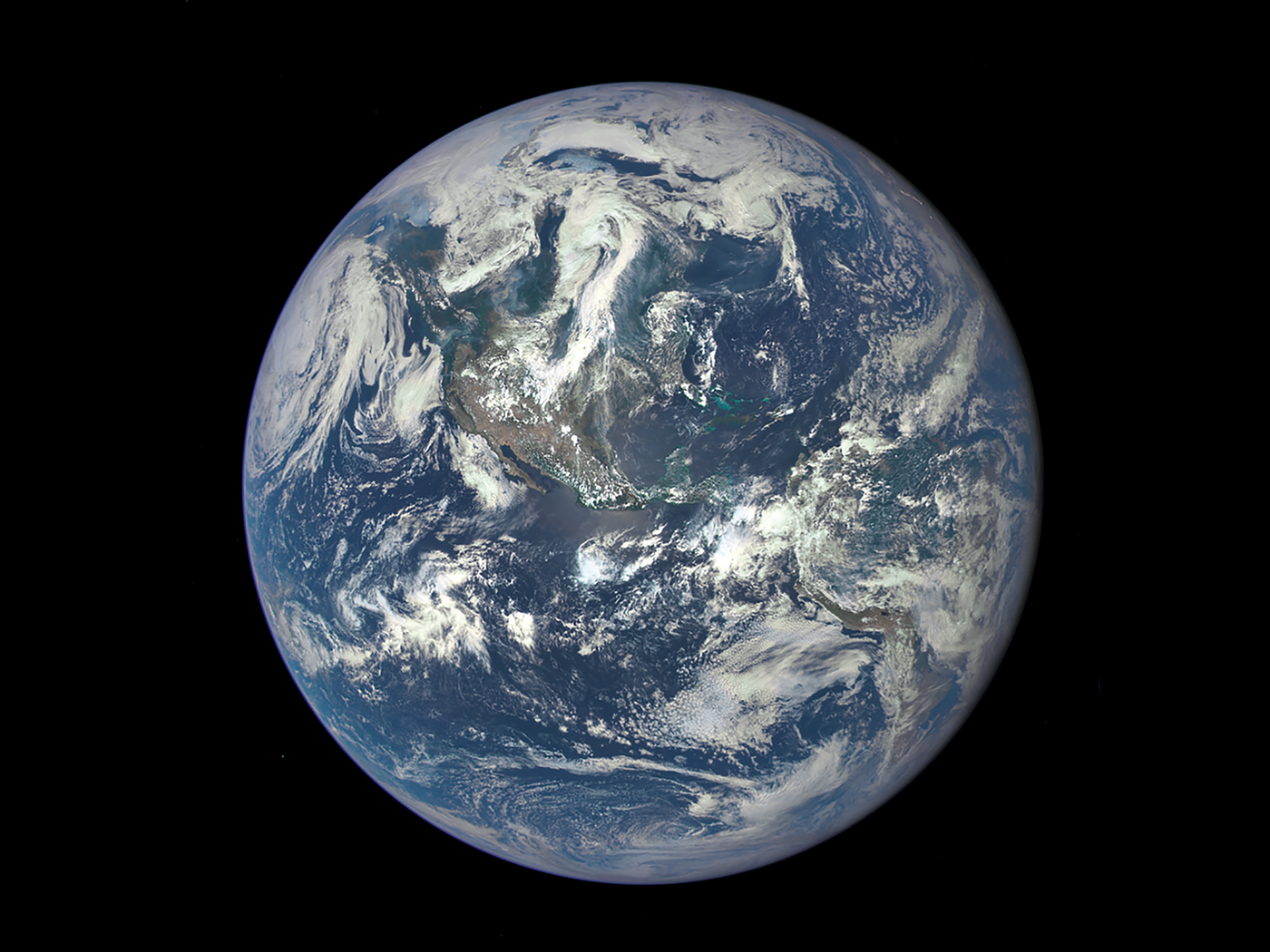Often today we hear of the search for "organic" compounds in decidedly "inorganic" places inhospitable to life, such as meteorites or on desolate moons throughout the solar system. What is going on? Doesn't "organic" mean living? Does this mean there is life elsewhere? What does "organic" really mean?
In high school we were all taught that the word organic applies to living things. The primary dictionary meaning has to do with "pertaining to or derived from living organisms." At the end of a list of appropriate usages lies, "that of pertaining to carbon compounds."
Historically, it was thought that certain chemical compounds could only be synthesized in living organisms by a "life force," but later it was shown that some compounds associated in nature only with living things could be made in a laboratory merely by combining appropriate chemicals. Since all living things are composed of compounds made of carbon and hydrogen, this led to a technical definition of "organic compound" as any member of a large class of chemical compounds whose molecules contain carbon and hydrogen. Many of these hydro-carbons are extraordinarily complex and found only in association with life, but some are rather simple, like methane, which is not necessarily from a living source.
Use of the term often leads to miscommunication of the facts. To a non-specialist the term "organic compound," connotes life and living, yet the discoverer might merely be meaning a carbon-based molecule. Confusion most often arises in evolutionary contexts, where evolution enthusiasts speak of the spontaneous origin of life from non-living "organic" chemicals. Seldom does the evolutionary scientist explain that his use of "organic" implies non-living. Perhaps he assumes everyone can understand the term in a technical sense, but few have this training. Thus he allows his listeners to conclude error.
Unfortunately, it is not just a harmless error, for it implies that "living or once-living" compounds can arise from non-living sources. As often admitted even by evolutionists, the original transmutation of non-living chemicals into living things is easily the most difficult problem in all of evolution theory. Thus, a casual episode of mis-information can cause many to assume this insurmountable problem is routinely overcome.
I wonder if the blurring of terms is sometimes purposeful. Evolution cannot stand up to rigorous examination; its problems are too great. But it can convince many if certain vital information is withheld. Thus, the evolution lie lives on.
*Dr. John D. Morris is the President of the Institute for Creation Research.
Cite this article: Morris, J. 2007. Does Organic Mean Living? Acts & Facts. 36 (2).












